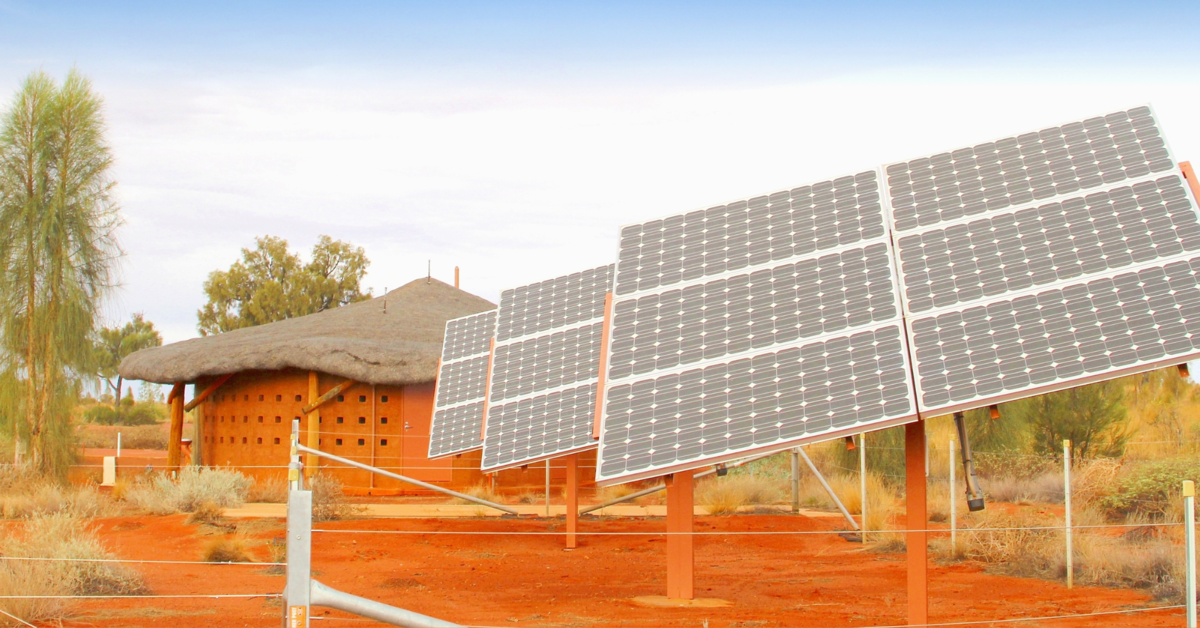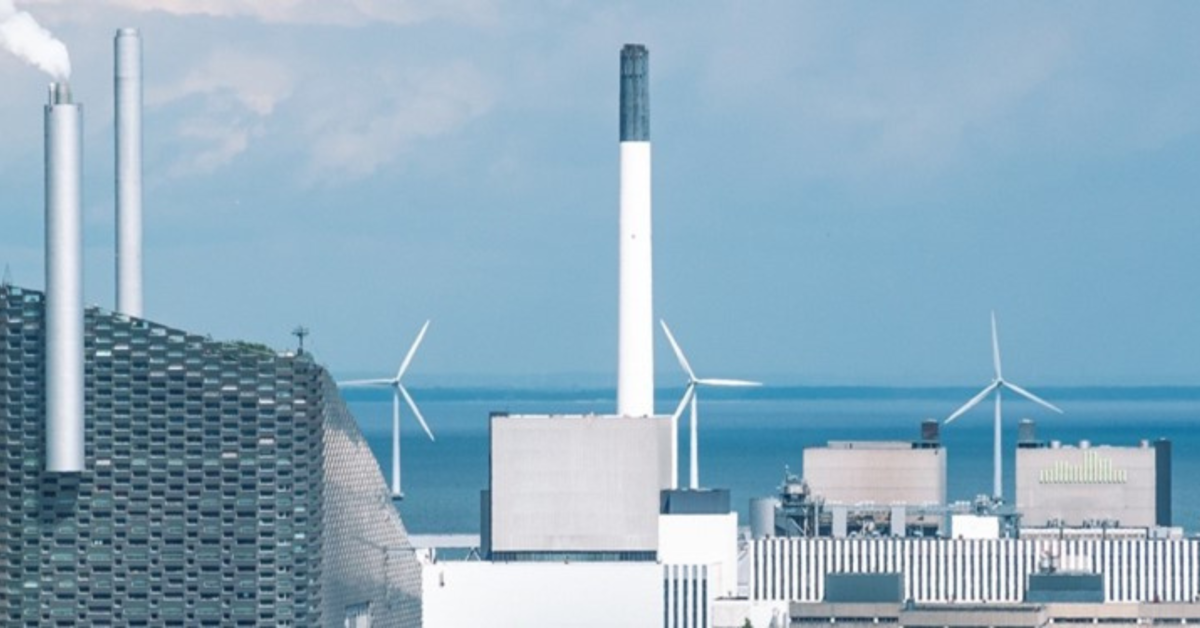Five Facts to Know: Towards a Treaty on Plastic Pollution - Second Session of the Intergovernmental Negotiating Committee
In light of the triple planetary crisis of pollution, climate change, and biodiversity loss, the global community has made addressing the impact of plastic pollution a top priority. To that end, parties met last month in Paris for the second time (INC-2) to further efforts on the development of a legally binding instrument to address plastic pollution. In follow-up to INC-2 and ahead of the third negotiating meeting (INC-3) to be held in Nairobi later in 2023, negotiators will particularly address global obligations versus nationally determined ones, where in the plastics value chain to establish control measures, whether criteria on chemicals and polymers of concern will be introduced, and how the transition—including addressing legacy plastic pollution—will be funded.
Here are five facts to know about progress on a global treaty on plastic pollution:
1. In 2022, the world community formed an intergovernmental negotiating committee to address plastic pollution
Every year 460 million tons of plastics are produced, two-thirds of which have a short lifespan and will end up as waste in oceans, the ice shelf, and mountains, and with micro-plastics now being found in human lungs, blood, maternal milk, and placentas. Only 9% of plastic waste is effectively recycled and plastic waste generation is expected to triple by 2060 under business-as-usual scenarios. Production alone of these plastic polymers also generates substantial greenhouse emissions, which directly contributes to the triple planetary crisis of pollution, climate change, and biodiversity loss. To address these concerns, the fifth United Nations Environmental Assembly (UNEA) adopted Resolution 5/14 in 2022 to “End plastic pollution: Towards an international legally binding instrument (ILBI).” To that end, an Intergovernmental Negotiating Committee (INC) was established with the ambition of elaborating a legally binding treaty by the end of 2024.
2. At May's INC-2, 175 parties met in Paris to consider elements of a future treaty
The second meeting of the negotiating committee (INC-2) took place in Paris from May 29–June 2, 2023. The meeting was informed by an “elements paper” prepared by UNEP with the objective of seeking convergence among 175 parties around key objectives to be addressed by the treaty. The meeting also had as a key input a statement by the High-Ambition Coalition that was released prior to INC-2. The coalition, comprised of 56 parties, is co-chaired by Norway and Rwanda and in its statement commits to ending plastic pollution by 2040. It also calls for common legally binding obligations and control measures to:
- Restrain and reduce the production and consumption of primary plastic polymers
- Eliminate unnecessary or problematic plastics, polymers, and chemical constituents of particular concern
- Increase the circularity of plastics
- Prevent plastic waste and/or manage it consistent with existing international instruments
- Eliminate the release of plastics, including micro-plastics, into air, water, and land
- Establish a multi-stakeholder action agenda
Lengthy debates on rules of procedure for the INC, such as consensus-based decision making versus majority voting, almost threatened to derail the negotiations in Paris. In response, INC Chair Gustavo Meza-Cuadra (Perú) established Contact Group-1 to address “objectives and substantive obligations” of the future treaty and Contact Group-2 to address “means of implementation,” which is essentially how efforts are financed.
3. Early options on ILBI core obligations emerged
Contact Group-1, co-facilitated by Germany and Palau, was successful in defining potential objectives and substantive obligations of the future treaty. Consultations led to a dozen issues finding their way into the list of possible core obligations for the ILBI:
- Phasing out and/or reducing the supply of, demand for, and use of primary plastic polymers
- Banning, phasing out, and/or reducing the use of problematic and avoidable plastic products
- Banning, phasing out, and/or reducing the production, consumption, and use of chemicals and polymers of concern
- Reducing micro-plastics
- Strengthening waste management
- Fostering design for circularity
- Encouraging “reduce, reuse and repair” of plastic products and packaging
- Promoting the use of safe, sustainable alternatives and substitutes
- Eliminating the release and emission of plastics into water, soil and air
- Addressing existing plastic pollution
- Facilitating a just transition
- Protecting human health from adverse effects of plastic pollution
4. Addressing financial and technical resources, however, could delay the process
“Means of implementation,” or financing, is a critical challenge. Other intergovernmental processes, including those under the climate (UNFCCC) and the biological diversity conventions (CBD), have found the financing obstacle—along with certain technical issues—difficult to overcome. INC-2 established Contact Group-2, co-facilitated by Australia and Ghana, to consider a number of these historically challenging issues in hopes of advancing progress before INC-3. Key issues include:
- The link between National Action Plans (NAPs) and Means of Implementation, which seek to address financial assistance, market-based approaches, fees, and taxes
- The establishment of a technological co-operation mechanism and technological transfer/assistance
- Scientific co-operation and investment in research and development, capacity building
- Compliance, periodic assessment and monitoring of progress, exchange of information
- Stakeholder engagement
Another layer of complication is that numerous multilateral environmental agreements already exist, including the Basel, Rotterdam and Stockholm Conventions, the Strategic Approach to International Chemicals Management (SAICM), the Global Biodiversity Framework, and various programs and conventions within the frameworks of the International Maritime Organization (IMO), the World Health Organization (WHO), the Food and Agricultural Organization (FAO), the International Labor Organization (ILO) as well as under the World Trade Organization (WTO). Numerous delegates referred to the importance of building upon these existing agreements, which would be critical to aligning global efforts but would also make moving forward more complicated.
5. A plan is in place to move forward, but contentious issues remain
INC-2 concluded by mandating the INC Secretariat to lead important inter-sessional work ahead of INC-3, which will be held in Nairobi on November 13-17, 2023. The mandate includes, specifically:
- Preparing a “zero draft” of the treaty for consideration of all parties, reflecting differing views on issues voiced during INC-2.
- Scheduling a one-day pre-meeting to consider a “synthesis report” on possible elements that had not been considered during INC-2. Non-party observers, including businesses, can submit elements by August 15, 2023
But key contentious issues are expected to make progress difficult. These issues, to be discussed over the next two quarters, will likely include:
- How the instrument would build a legal obligation: Bottom-up (such as the NAPs favored by the US, Saudi Arabia, China, and India) versus top-down approaches (such as the global obligations favored by many developing countries).
- Where control measures are to be introduced along the plastics lifecycle: Upstream (as favored by most developing countries) vs. further downstream.
- Whether criteria would be defined on substances of concern in plastics, on problematic and avoidable plastic polymers and products—possibly as an annex to the treaty.
- Whether a scientific body needs to be set up to advise the INC—similar to the Intergovernmental Panel on Climate Change (IPCC) advising the UNFCCC and the Intergovernmental Science-Policy Platform on Biodiversity and Ecosystem Services (IPBES) advising the CBD.
- Whether ending plastic pollution ought to be time-bound (as favored by the High Ambition Coalition with its 2040 target).
- Whether (eco-)design standards are to be developed.
- Which instruments could be deployed to fund compliance, whether through development of a dedicated fund or reverting to existing ones such as the Global Environmental Facility (GEF).
Businesses will be affected by enhanced producer responsibility requirements, limitations on the production of virgin polymers, as well as the exclusion of plastics and polymers of concern. Establishing a global level-playing field will remain a key challenge over the next coming months.



